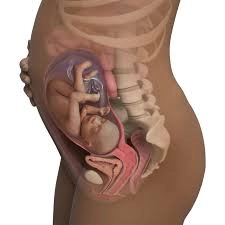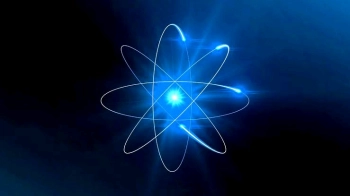profile/9095a1c4934a45b913855bd7f587ff15698d.jpg.webp
Austin

ONTOLOGICAL APPROACH TO MISCARRIAGE
ONTOLOGICAL APPROACH TO MISCARRIAGE
~1.0 mins read
Miscarriage is a significant topic that covers a range of topics, including the philosophical and ontological ramifications of the loss of a pregnancy as well as the psychological, emotional, physical, spiritual, and resultant mental problems suffered by women who have gone through it. A miscarriage occurs most frequently in the first trimester of pregnancy, with an estimated frequency of between 10 and 15% of all clinically recognized pregnancies. The World Health Organisation specifies a miscarriage as the ejection or extraction of an embryo or foetus weighing 500 g or less from the mother. The weight requirement corresponds to a gestational age between 20 and 22 weeks. The event can be extremely upsetting for women and their spouses and is frequently accompanied by emotional suffering and loss. In an effort to comprehend the effects miscarriage has on the individuals who experience it as well as its wider societal ramifications, researchers and philosophers have delved into the ontological elements of miscarriage. Additionally, there have been many conventional ideas that have fallen apart under scrutiny about the cause and care of women who experience miscarriages. In the range of reproductive failure connecting subfertility and late pregnancy problems, research has highlighted the significance of miscarriage. But the major extent of a woman's body's deviations and the existence of chromosomal abnormalities in miscarriages explain the cause of the loss, necessitating medical attention and the adoption of novel tools before pregnancy.
#Scientific Researcher
#Academic Writer
profile/9095a1c4934a45b913855bd7f587ff15698d.jpg.webp
Austin

Fruit And Vegetable Intake And Mental Health: Children And Adult
~1.3 mins read
Emotional, psychological, and social well-being are all parts of mental health. It affects behavior, perception, and cognition. It also affects how they cope with stress, interact with others, and make decisions. The World Health Organization lists mental disorders as a worldwide issue (WHO). The WHO has identified mental disorders as a health burden that should no longer be disregarded because one in four people experience a mental disease at some point in their lives. There was mention of the need for, among other things, evidence-based practice throughout a life course and a multidisciplinary approach to handle this problem in the WHO's Comprehensive Mental Health Action Plan 2013-2020. Maintaining a better state of health and reducing the risk of mental problems in both children and adults are made possible by eating a diet that is properly balanced. However, because each person consumes a variety of different goods at the same time, it can be challenging to evaluate individual components of a comprehensive dietary pattern and identify their impact. Fruits and vegetables are good for overall health and may even be more crucial than previously thought. A larger consumption than the widely advised 400 g is required to prevent cardiovascular disease, cancer, and early mortality. Although there are a lot of potential factors that could help them have a good impact, the process by which they affect mental health is yet unknown. Among them, there are certain nutrients that are known to be associated with mental health and for which fruit and vegetables are suggested as valuable sources in diet, such as complex carbohydrates and fiber, being connected to glycemic index, C vitamin, B vitamin, carotenoids, potassium, and polyphenols. The other theories involve either the potential for a reverse mechanism (greater mental health may encourage better diet, including higher intake of fruits and vegetables), or psychiatric explanation (following better diet, including higher fruit and vegetables intake may promote more positive emotions and better mental health).
Advertisement

Link socials
Matches
Loading...
